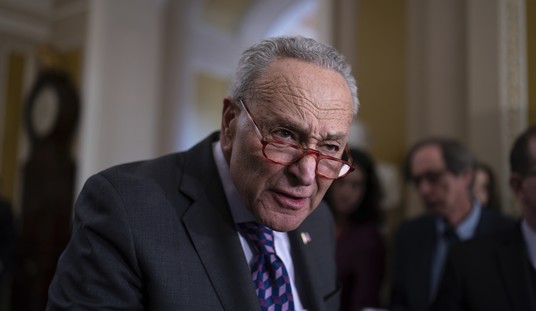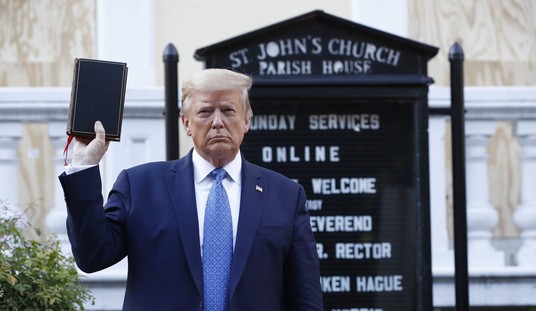
Former Republican and Libertarian presidential candidate and Rep. Ron Paul popped eyeballs in the tech media yesterday when he published an op-ed boosting US taxpayer money being spent on Russian-made rocket engines at a time when the big defense contractor that relies on them and the Russian government are said to be extremely angry at congressional efforts to pull the plug on subsidies.
At issue is the reliance of United Launch Alliance, a joint venture of defense giants Boeing and Lockheed, on Russian RD-180 rockets to conduct commercial and national security space launches. In this year’s National Defense Authorization Act, provisions are included to limit the extent to which taxpayers are on the hook for paying for Russian-reliant technology. The congressional move comes at a time when Russia has shown renewed bellicosity via military engagement in its former dominions and elections in countries it seeks to influence.
In the op-ed, Paul claims that “restricting expenditures to the development of new engines or the modification of existing systems” amounts to Congress mandating a monopoly on space launches by SpaceX. It’s an odd argument to make since prior to SpaceX forcing open competition for contracts, ULA maintained a monopoly, and because there will shortly be three vendors available to conduct launches– ULA, SpaceX, and Blue Origin.
SpaceX and Blue Origin use American-made technology; SpaceX launches currently occur and cost significantly less than ULA launches (which run at over $400 million each). The entrance of Blue Origin into the market is likely to drive costs down further, thus benefiting both US workers and taxpayers– but disadvantaging ULA, should it remain reliant on Russian engines, and even moreso, Russia itself.
Dr. Paul has made pro-Putin and pro-Russian comments before, but given the not-very-libertarian arguments in favor of the policy he appears to be backing and the increased use of astroturfing efforts focused on think-tanks (see the recent Google/New America scandal), it appears plausible that his advocacy might be funded by one of ULA, a constituent company or Russia itself via his Ron Paul Institute for Peace and Prosperity.
Boeing and Lockheed are known to fund groups including the Lexington Institute that have taken pro-ULA positions on space policy. In the course of the investigation into Russian meddling in the election, various pro-Russian astroturfing and influencer efforts have been uncovered and alleged, including in the cases of former National Security Adviser Mike Flynn, former Trump campaign policy advisor Carter Page, and former Trump campaign manager, Paul Manafort.













Join the conversation as a VIP Member